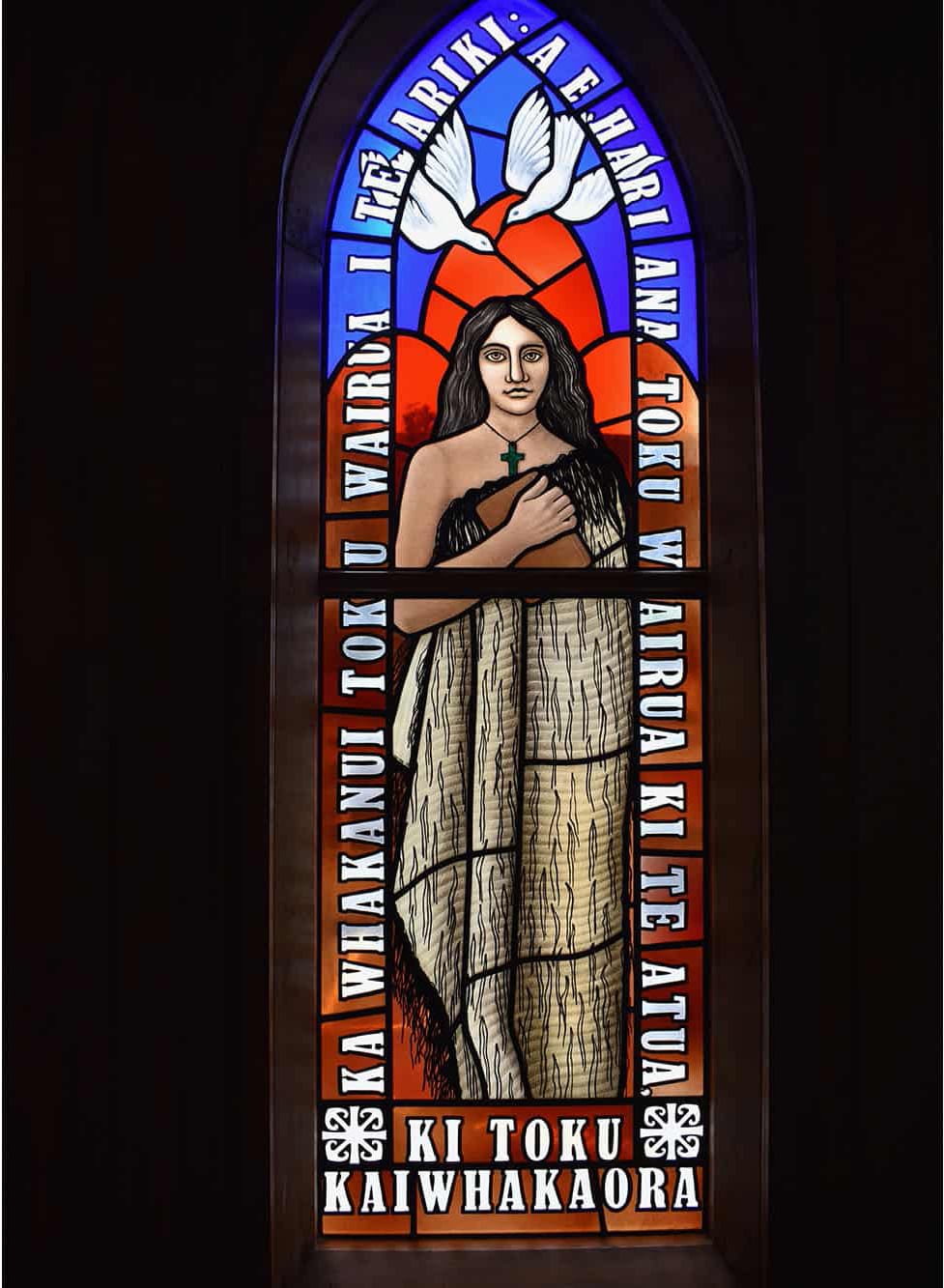He aha ai?
Nā te aha koe me haere mai ai? He aha e whai ake ai i Te Mīhana Māori?
Mō Tāngata Whenua
A place to stand as Māori and Christian:
Our heart is that Te Mīhana Māori would be a place where our whānau can stand authentically in their culture and their faith. We want our whānau to deepen their relationship with Christ, expressed by embracing and celebrating our tuakiri Māori (Māori cultural identity).
He kāinga tuarua – a second home:
Many of our whānau share that Te Mīhana is a home away from home – a beloved community away from one’s ancestral lands. As Rev’d Scott Parekowhai shares, “I’ve washed more dishes in Tātai Hono, than I ever have back home – given it’s over 8 hours drive away. Te Mīhana has been a sanctuary and place of belonging for me as an urban Māori.” Each Sunday there is a strong sense of homecoming for many.
A safe wāhi for second language learners:
With most of our whānau being second language learners of te reo Māori – we understand the difficult journey of reclaiming our sacred language. Many of us have studied at Te Wānanga o Aoteaora, Te Wānanga Takiura, and Te Wānanga Ihorangi. To support those on the journey, Te Mīhana Māori seeks to provide a perfect context where whānau have a weekly context to both listen and kōrero Māori. Our services are primarily conducted in te reo Māori (with English translation available to be inclusive for all abilities), and during our kapu tī afterwards – there is always time to whakawhiti kōrero (converse) with reo speakers.
Pan-tribal:
As a pantribal community, our whānau have whakapapa to hapū and iwi from all over Aotearoa – Ngāpuhi, Ngāti Porou, Tauranga Moana, and beyond. There is a place for all whakapapa here at Te Mīhana.
We celebrate the three T’s:
Te Reo Māori, Tikanga Māori, and Te Tiriti o Waitangi are celebrated and embedded into all that we do. Our services are primarily conducted in te reo Māori (with written English translations available).
Mō Tāngata Tiriti - Pākehā/Tauiwi
Pākehā and Tauiwi are welcome and invited to worship and serve under tikanga Māori.
Whaea Karen Lloyd shares, “There is a place for all at Te Mīhana Māori – including for my fellow tāngata Pākehā. Jesus “pitched his tent” amongst a wonderfully diverse community. He didn’t care about background or occupation – he simply cared about people.”
Mō Ngā Tūruhi/Manuhiri Mai Tāwāhi
Experience Māori culture:
Come and experience a taste of Māori culture in the heart of Auckland City! Be immersed in the language, customs, and hospitality of Māori (the indigenous people of New Zealand). Listen and engage with our stories. See our decorative art pieces that visually showcase the spread of the Gospel throughout this land since 1814. Enjoy a visit to our on-site marae (meeting house) called Tātai Hono for an experience of Māori hospitality.
Ease of access:
Located only 5 minutes from the Auckland CBD, 8 minutes from the ferry terminal, and 20 minutes from Auckland International Airport – whether you’ve come in by air or sea, it’s easy to access Te Mīhana Māori!

Ko wai mātou?
He whānau manaaki:
We are big on family vibes! Our desire is for everyone who comes through our doors to feel welcomed and embraced as part of the whānau from day one. Whether it’s through the harirū (greeting) or the post-service refreshments, we hope you feel our manaakitanga (hospitality) and warmth.
He hāpori roroa:
We are a community that values walking through life together. From newborns to kaumatua-kuia (elders), we gather united each week in worship. It’s not uncommon to have two or three generations of the same whānau gathered together in our services.
He puna whakapapa:
Many of our whānau share that what makes our church special is the tradition carried through our whakapapa within Te Hāhi Mihingare (The Māori Anglican Church). Te reo Māori is the primary language of our services (with English translation provided to be inclusive for all).
The history and whakapapa of our karakia and hymns are rich, with some dating back to the second century (such as the Apostles’ Creed).
He hāpori whawhai mō te tika:
We have a long history of engaging with social justice and believe we are called to be a prophetic voice within our communities, nation and world. Some of the movements we’ve been involved with include:
– 1980s: Hosting the Women’s Advisory Committee (a leading voice and action group for women’s affairs) in our on-site marae, Tātai Hono.
– 1981: Te Mīhana Māori being the gathering and starting point for Auckland’s Springbok Tour Protest (challenging South Africa’s apartheid policies).
– 1982: Tātai Hono Marae being the base for the Pacific Peace Hui – Te Reo Oranga o te Moananui a Kiwa (an anti-nuclear movement led by Pasifika people).
– 1984: Members of Te Mīhana Māori joining ‘Te Hikoi ki Waitangi’ (a protest movement challenging breaches to Te Tiriti).
– 2015: Partnering with Te Puni Kōkiri to provide lunches to our homeless whānau of Tāmaki Makaurau.
– 2017: Hosted ‘Operation SOS’ (the Redeemed Motorcycle Club doing outreach in Dargaville and Kaikohe).
– 2024: Tātai Hono Marae being the starting point for the Gaza Ceasefire Pilgrimage; and giving voice against the Treaty Principles Bill by joining the ‘Hīkoi mō te Tiriti,’ and submitting as an organisation to the Select Committee.
Haere mai ki tō tātou karakia i tēnei Rātapu tonu!
Tomo mai i tēnei Rātapu kia kite i a mātou, kia rongo hoki i tō mātou wairua.
